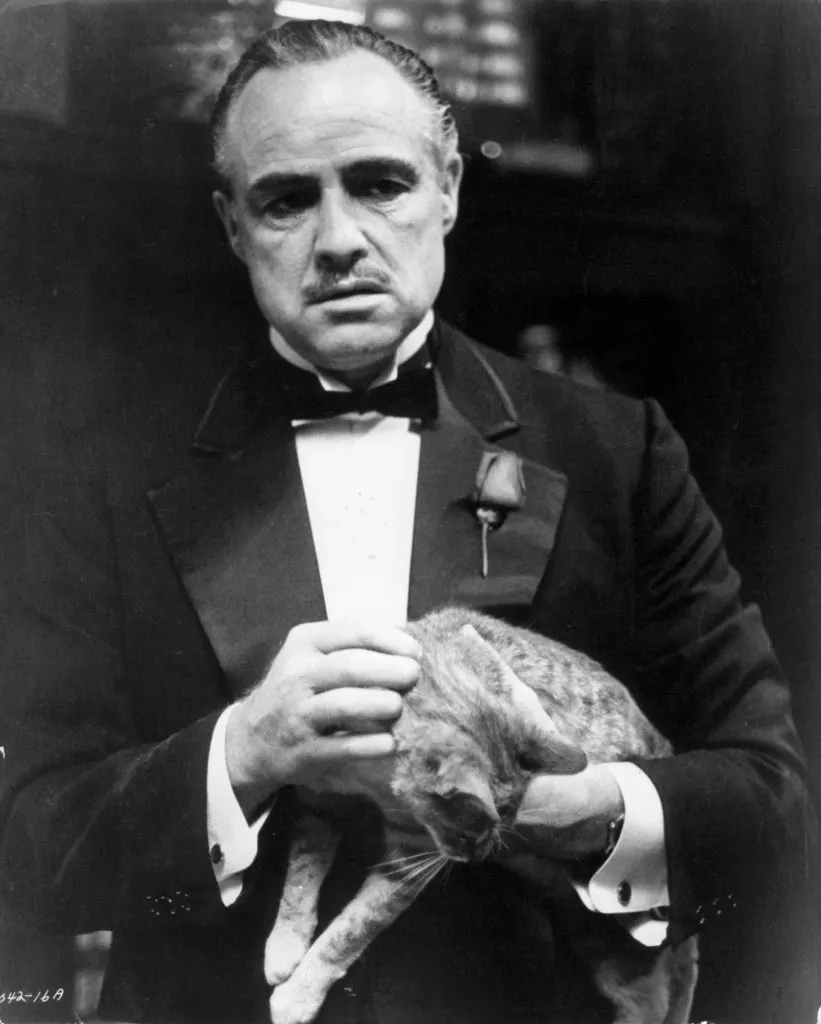As a director of some of the most successful movies ever made, Francis Ford Coppola has been able to live a life akin to few others. Throughout his career, including most recently with his science fiction drama Megalopolis, finances have played an integral role in developing his work. While Megalopolis was notably self-funded by Coppola, the decision-making process that goes into a film that is director-funded or studio-funded requires financial acumen to be deemed traditionally successful.
However, in a recent interview with CFO.com, Coppola made it clear that dollars and cents don’t define success. To him, it’s about creating a piece of work that people remember for generations to come. But to create films he deems successful, he had to learn how to overcome many of the same challenges CFOs are faced with — identifying talent, managing personalities, building professional trust and learning from others.
The bottom line
Coppola suggested that the money made from film production is a byproduct, and the real meaning of work goes beyond anything a budget can categorize. To produce Megalopolis, Coppola put this theory in practice wholeheartedly. He put up $120 million of his own money by selling portions of his wine empire and obtaining a large line of credit. The movie earned just $4 million on opening weekend, largely being categorized as a flop. However, though he is no stranger to filing bankruptcy and putting up his own funds for movies, he seemed indifferent to his spending.
“The bottom line is irrelevant to me,” Coppola said when asked about balancing creativity and budget in self-funded productions, specifically in Megalopolis. “My bottom line is making sure I make something beautiful that will achieve the test of time. The only critic is the test of time because, in 50 years, people are going to remember whether or not it was a beautiful movie, not that it made money. Think of your favorite movie, do you know how much money it made? It’s irrelevant…The job of art is to illuminate contemporary life.”
Despite the indifference to the financial performance of his films, he did stress the importance of taking a formal and collaborative approach to budgeting to make sure things are in place and able to be done the right way. “I always took financial decisions very seriously even when I was funded by studios, and I always tried to be a good collaborator with them when it came to finances. When [self-funding], that [approach] is no different.”
Building trust and identifying good leaders
Throughout his career, the need for trustworthiness of those around him has been critical for Coppola and his work’s success. However, whether it’s decisions about his work, talent, personal finances or elsewhere, he believes the essence of identifying trust comes down to being able to identify and “cast” the right person into the role they’re best suited for.
“Whether you’re casting characters into a story, collaborating on photography and music, hiring folks to help you run a business or you’re utilizing people when making a financial decision, you are making an intuitive judgment of another human being as a human being,” he said. “There is a lot of human instinct involved in this.
“I always took financial decisions very seriously even when I was funded by studios, and I always tried to be a good collaborator with them when it came to finances. When [self-funding], that is no different.”

Francis Ford Coppola
Film director, producer and screenwriter
“I never took any notes while casting for any film I worked on,” he continued. “Even if I auditioned 500 actors, I would bring on the one that pops up in my head when I go home at night. Whether it’s an actor, a colleague, a business partner, it’s the person that resonates with me on a human-to-human level that I remember.”
While the trends and methods around hiring and talent retention are plenty, Coppola candidly shared the importance of making the right decision when it comes to hiring and a recent consequence of his humanity-sensing method of trust identification being overruled.
“Not that long ago, we needed to hire a very important person to be the head of an entire company. I wanted to hire someone a lot of my associates didn’t want to, and we went with their choice, the more universally accepted candidate. It was the worst mistake I ever made. I am still paying for it today.”

Among successful leaders he has come across, again he cites the humanity in people that has always stood out to him the most. “I met John McCain once, and he was so courteous to me. He was a big shot, I was just a young guy, and I was so impressed with him… I sat on boards with other [politicians] like Henry Kissinger, who would always fall asleep during meetings and then wake up and ask what happened, [but] McCain was such a wonderful and impressive person to me and I never forgot that.
Just like how McCain impressed him with humanity and intellect, Coppola shared the same effect was felt by him when interacting with one of The Godfather’s main characters Marlon Brando. “Even [Brando], he was a great actor, but I will always remember aside from his acting, that he was one of the most fascinating geniuses I ever met,” Coppola continued. “The things he would talk about were always so interesting.”
The meaning of success and the degradation of intelligence recognition
While he’s undoubtedly lived a full life, Coppola’s take on success revolves around fulfillment and recognition of accomplishments and a lost sense of the depth of human intelligence. According to him, people should give their intelligence more credit than they do, and regardless of where anyone is at professionally or personally in life, being able to determine and execute your own fulfillment is key to success.
“We are all naturally amazing creatures, but [throughout my life] I’ve noticed there is an effort to make us feel less than what we are because it is good for business.”

Francis Ford Coppola
Film director, producer and screenwriter
“I know people who are billionaires and are some of the most miserable people I have met in my life,” he said. “Success is to be fulfilled, to get the joy out of life. Our species is one family, you and I are cousins, and we are all a family of geniuses. Look around you, with a logical perspective, what other creatures can build what we have all built as humans?”
According to him, the suppression of human intelligence is strategic. “I think there has been an erosion of the idea that we are all geniuses, because if people think that way they are much harder to sell to and control, so it is deliberately [portrayed] that we consider ourselves less than what we really are.
“Billions of dollars is spent on advertising in this country, just to sell people a little bit of happiness,” he continued. “That means everyone needs to be unhappy because we can’t sell happiness to happy people. We are all naturally amazing creatures, but [throughout my life] I’ve noticed there is an effort to make us feel less than what we are because it is good for business.”





